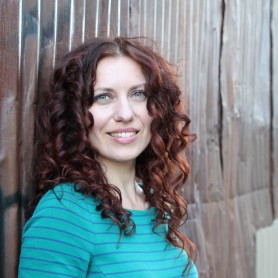
Hello everyone! Looking forward to seeing you this evening in what will be our last class of the term
•I've missed seeing you all in person, but I have been listening in/ reading all your posts on our virtual class over the past two weeks, and I have been impressed by the high quality of the discussion overall, and the very interesting reflections, extensions and 'stops' you found in the video and the reading.
I've noted that almost everyone has contributed at least four substantial posts to our virtual class. The exceptions are:
Lilian: only 1 post
Crystal: 2 posts
Jingyu: no posts
Your participation in the virtual class will count as a significant part of your blog mark, and we really want to hear your ideas and thoughts. So if you haven't yet completed your 4 contributions, please try to do so today. Jingyu, the intention was to contribute over the two week period, but if you can add to several different parts of the discussion, that will be ok too.

I am sorry that the Postpositivism reading was one that people found a bit too challenging. (I had chosen
it because I thought it was clear and well-written...!) I do understand that this kind of theoretical/ philosophical reading may be quite new to many, and I really appreciate that you took the time to look up terms, wrestle with the ideas, and in the end, had quite a good discussion about the article and its relationship to the TED talk video on "big" and "thick" kinds of data. Good work!
•Six people have posted their certificates of completion for the online research ethics course that you are required to complete, and five haven't. If you have not completed the course and posted your certificate, please do so today or talk to me about when you will do so. Again, it is a significant part of the class, and you are expected to complete it.
•Looking forward to this evening's presentations! To clarify, we have approximately 13-14 minutes per
person for your presentation, questions from the group, and simultaneous changeover to the next presentation. That means you should spend:
* 5-8 minutes presenting
* 5 minutes for questions and discussion with the group (while the next person sets up for their presentation in the background)
Your presentation may include slides (Powerpoint or other format), or may be done without slides. If possible in the short time given, please include some element of participation for the rest of the class, brief though it may be. It will make your presentation more engaging and help people do more than just listen in a passive way.
• Your final papers are due today, and should be emailed to me. If you need extra time, that's no problem: just let me know, and you can automatically have up to a week's extension (to April 10). After that, I will need to have time to mark everything in time for the end of the term, so extensions beyond April 10 would be a bit more difficult.
Thanks everyone, and see you by 4:30 today!
Warm wishes
Susan



















